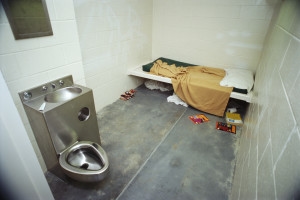A couple of weeks ago we took a look at criminal cases in North Carolina to try to get a better understanding of how the average case comes to a conclusion. We listed several possible outcomes, but there were others we left to discuss on another day. This week we’re going to revisit the topic and explore additional ways that criminal cases can come to an end in North Carolina.
Criminal Case Results in Acquittal
Whenever the state accuses a person of a criminal offense, is the state’s obligation to show evidence to prove beyond a reasonable doubt that the accused has committed each element of the crime(s) with which he or she is charged. This sounds like a mouthful, but it essentially boils down to proof. If the state cannot prove that you committed the crime, you cannot be found guilty.
So, in some situations, you can be accused of a crime, go to trial, and be acquitted of the charges against you. If the trier of fact —the judge or the jury depending on the kind of trial you have—believes that the state has not provided enough evidence to show that you are guilty, you will be acquitted. When this happens, your trial comes to an end and you are free to go.
Criminal Case Results in a Plea Agreement
In many situations where a person is charged with a crime in North Carolina, that person can agree to enter into a plea bargain with the prosecution. Through plea agreements, both sides agree that the accused will agree to enter a plea to one or more charges, while the prosecution will agree to not pursue other charges the state believes might be applicable. Most people who enter into plea bargains choose to plead guilty to a lesser crime and receive a lesser punishment then they could have faced had they been convicted of the original crimes with which they had been charged.
Criminal Case Results in Conviction
In cases where the prosecution successfully proves its case, the criminal defendant will be convicted of one of more crimes. After this happens the court will have to determine an appropriate sentence, while the convicted will have to accept that sentence and be subjected to the punishments ordered by the court.
Appeal Following a Conviction
In cases where someone is convicted of a crime in North Carolina, that person might have the ability to appeal the case to an appellate court. Appeals are very different than criminal trials, and involve a host of fairly unique issues. We will take a closer look at criminal appeals in another blog post.

